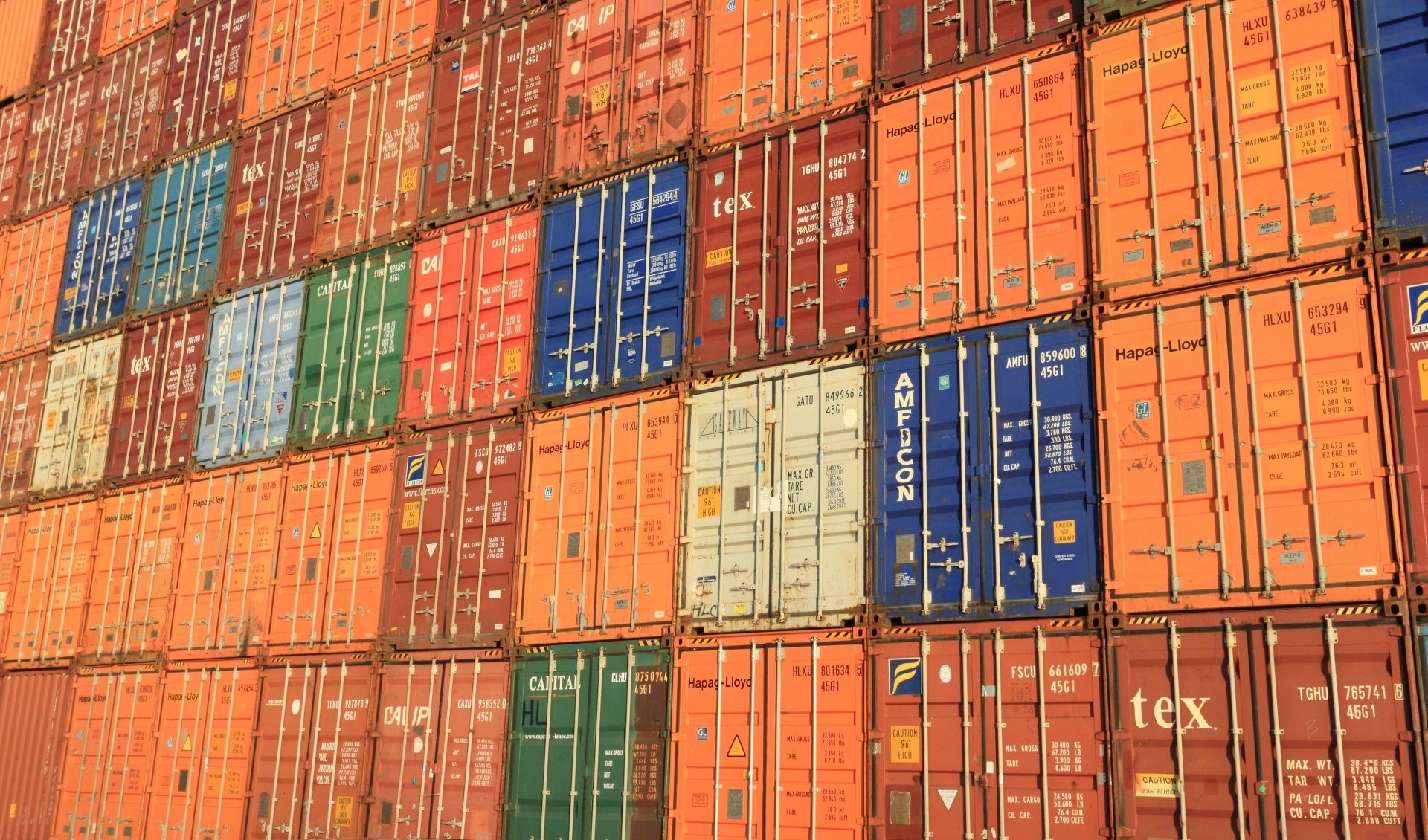Protect Your International Trade Business from Currency Fluctuations: 6 Expert Tips
When engaging in international trade, currency fluctuations can have a significant impact on your bottom line. To protect your business from the effects of currency fluctuations, it’s important to understand the underlying causes and some effective strategies.
Understand the Causes of Currency Fluctuations
Currency fluctuations are caused by a variety of factors, including interest rates, inflation rates, political events, and economic conditions. It’s important to stay informed about these factors and how they may impact the currency you’re dealing with.
Use Currency Hedging Instruments
Currency hedging instruments such as forward contracts, options, or swaps can be used to mitigate the impact of currency fluctuations on your international trade transactions. By locking in a specific exchange rate for a future transaction, you can reduce your exposure to currency fluctuations and ensure a stable cash flow.
Diversify Your Market Exposure
Diversifying your market exposure can help mitigate the impact of currency fluctuations on your international trade transactions. By trading with multiple countries, you reduce the risk of being heavily impacted by fluctuations in any one specific currency.
Stay Up-to-date on Economic Indicators
Staying informed about economic indicators such as interest rates, inflation rates, and GDP can provide you with valuable insight into the health of a country’s economy and the strength of its currency. By being aware of these indicators, you can make informed decisions about when to trade and with which currencies.
Choose Long-Term Contracts
Long-term contracts can provide a more stable revenue stream and reduce the impact of currency fluctuations on your international trade transactions. By locking in an exchange rate for a longer period, you can minimize the impact of short-term fluctuations.
Work with a Reliable Financial Advisor or Currency Broker
Finally, it’s important to work with a reliable financial advisor or currency broker when dealing with international trade and currency fluctuations. They can provide you with expert advice and help you make informed decisions about your transactions. A good financial advisor or currency broker will also have access to advanced tools and techniques that can help you manage currency risk more effectively.
In conclusion, currency fluctuations can have a significant impact on international trade transactions. By using currency hedging instruments, diversifying your market exposure, staying informed about economic indicators, choosing long-term contracts, and working with a reliable financial advisor or currency broker, you can reduce your exposure to currency fluctuations and ensure a stable cash flow for your business. It’s important to keep in mind that managing currency risk is an ongoing process that requires constant monitoring and adjustment. The more you understand about currency fluctuations and the strategies you can use to manage them, the better positioned you’ll be to succeed in international trade.











